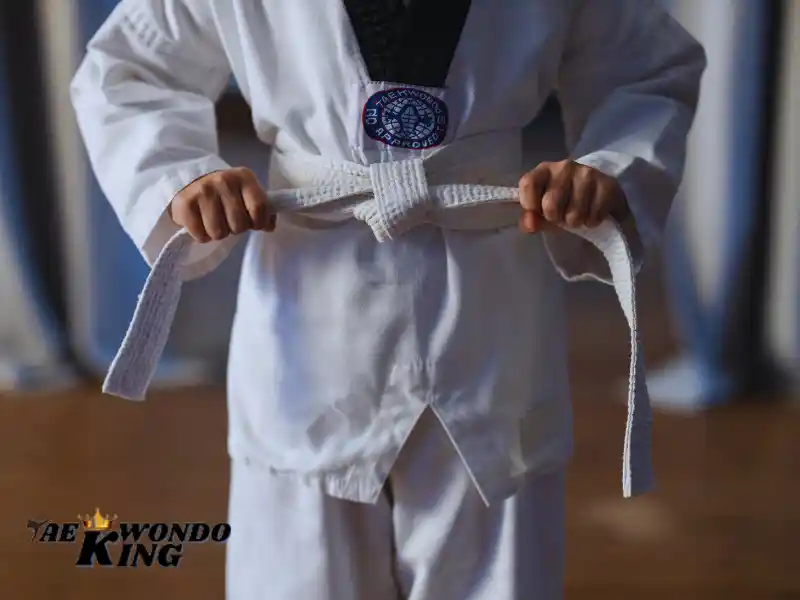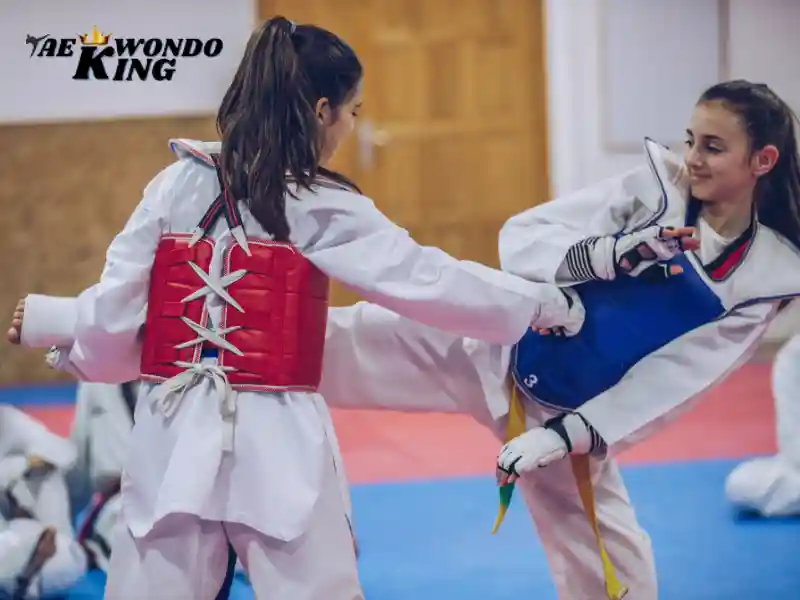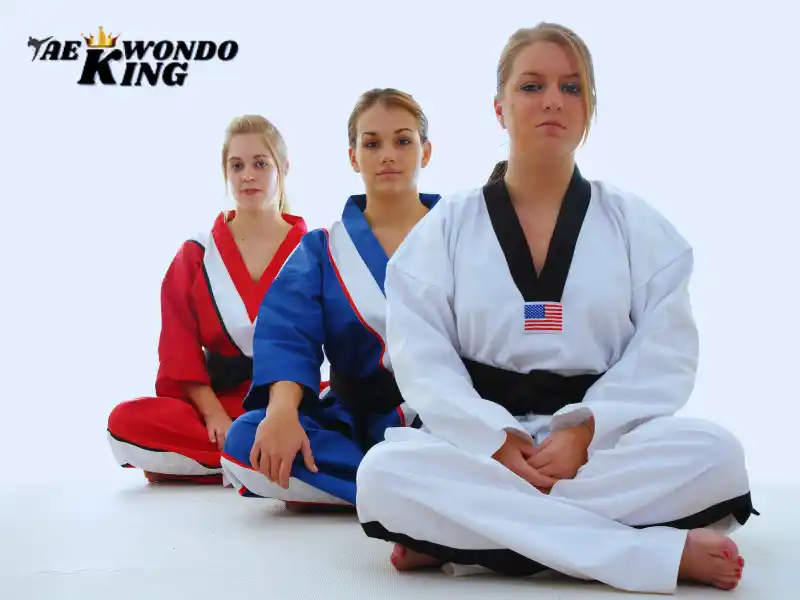
One minute I was crushing overhead presses at the gym, and the next, I felt a sharp snap in my shoulder , yep, a classic deltoid injury. It’s crazy how fast something small can throw your whole workout routine off track. After going through this painful detour myself, I learned how important early care and smart rehab really are. In this guide, I’ll walk you through what a deltoid injury feels like, how to heal, and how to come back even stronger.
Understanding the Deltoid Muscle
The deltoid muscles are located in the shoulder. They help in lifting and moving the arm. These skeletal muscles play a key role in arm function. Any damage to them can cause shoulder pain and weakness.
A deltoid injury affects the shoulder muscles. Recovery time varies. It depends on the severity of the injury. This article will explore how long it takes to heal a deltoid injury. We’ll look at types, symptoms, treatment, and prevention. By the end, you’ll know how to recover and prevent future injuries.
Causes of a Deltoid Injury
A deltoid injury can happen due to:
- Overuse injuries from repetitive movements.
- Shoulder injuries from accidents or falls.
- Overstretched muscle fibers during heavy lifting.
- Muscle spasms from sudden strain.
See the latest Deltoid Injury Recovery Adjustable Shoulder Brace price on Amazon.

Types of Deltoid Injuries
A deltoid injury can be painful and limit arm movement. The healing time depends on the severity of the injury. Minor deltoid strains heal in a few weeks, while serious muscle injuries may take months. Proper treatment helps speed up recovery. There are different type injuries of the deltoid:
Deltoid Strain
This happens when the deltoid muscle fibers are stretched too much. Deltoid strain symptoms include soreness, swelling, and reduced arm strength.
Deltoid Muscle Tear
A more severe deltoid muscle injury involves a tear. This can be partial or complete. A complete tear may need deltoid muscle surgery.
Shoulder Separation
A shoulder separation occurs when the shoulder joint is forced out of position. This affects the deltoid muscle functions and causes extreme pain.
Symptoms of a Deltoid Injury
Common signs of a deltoid injury include:
- Front shoulder pain that worsens with movement.
- Swelling and bruising near the shoulder blade.
- Weakness in lifting or rotating the arm.
- Muscle spasms in the affected area.
How Long Does It Take to Heal a Deltoid Injury?
The healing time depends on the severity of the deltoid injury.
Mild Deltoid Strain
- Healing Time: 1 to 2 weeks
- Treatment: Rest, ice packs, and gentle anterior deltoid muscle exercises.
Moderate Deltoid Injury
- Healing Time: 3 to 6 weeks
- Treatment: PRICE treatment (Protection, Rest, Ice, Compression, Elevation), shoulder bracing, and physical therapy.
Severe Deltoid Muscle Tear
- Healing Time: 3 to 6 months
- Treatment: Deltoid muscle surgery, followed by physical therapy and injury recovery nutrition.
See the latest Deltoid Injury Recovery Adjustable Shoulder Brace price on Amazon.

Treatment for a Deltoid Injury
Rest and Ice
Rest is crucial for healing. Use shoulder ice packs for pain relief.
Compression and Support
Wearing a shoulder brace helps prevent further damage.
Pain Management
Muscle relaxants can help ease deltoid pain and reduce muscle spasms.
Physical Therapy
Therapists use anterior deltoid muscle exercises to restore movement.
Surgery for Severe Cases
If the deltoid muscle conditions are severe, shoulder surgery may be needed.
Deltoid Injury Recovery Tips
To speed up recovery, follow these steps:
- Avoid overuse injuries by resting your arm.
- Do gentle stretching to maintain flexibility.
- Maintain a good injury recovery nutrition plan.
- Stay hydrated and get enough sleep.
Preventing Future Deltoid Injuries
To prevent another deltoid injury, follow these tips:
- Warm up before exercise.
- Strengthen your deltoid muscles with controlled workouts.
- Avoid repeated shoulder muscle injections unless necessary.
- Maintain overall physical fitness.
See the latest Deltoid Injury Recovery Adjustable Shoulder Brace price on Amazon.

When to See a Doctor?
Seek medical help if:
- Pain does not improve in 2 weeks.
- The arm feels weak or numb.
- There is extreme swelling or bruising.
Exercises for Deltoid Recovery
Exercises help in recovery. Here are some effective ones:
Shoulder Rolls
Roll your shoulders in a circular motion. Do 10–15 rolls in each direction.
Arm Raises
Raise your arms to the sides. Hold for a few seconds and lower.
Wall Push-Ups
Do push-ups against a wall. This strengthens the shoulder muscles.
Resistance Band Exercises
Use a resistance band for shoulder exercises. This improves strength and flexibility.
Pendulum Swings
Lean forward and let your arm swing gently. This improves mobility.
Tips for Faster Recovery
Here are some tips for faster recovery:
Follow Doctor’s Advice
Follow your doctor’s advice. Don’t rush the recovery process.
Stay Active
Stay active within limits. Gentle movement promotes healing.
Eat Healthy
Eat a healthy diet. Proper nutrition supports recovery.
Stay Hydrated
Stay hydrated. Water helps in muscle repair.
Get Enough Sleep
Get enough sleep. Rest is crucial for healing.
Common Mistakes During Recovery
Here are some common mistakes to avoid:
Rushing Recovery
Don’t rush the recovery process. This can lead to re-injury.
Ignoring Pain
Don’t ignore pain. Pain is a sign to slow down.
Skipping Physical Therapy
Don’t skip physical therapy. It is crucial for full recovery.
Overdoing Exercises
Don’t overdo exercises. Follow a gradual progression.
Neglecting Prevention
Don’t neglect prevention. Strengthen and stretch regularly.
Final Thoughts
Healing a deltoid injury takes time. With proper care, most people recover fully. If pain continues, consult a healthcare provider for further treatment.
Follow the tips in this article for a faster recovery. Rest, ice, and physical therapy are important. Strengthen and stretch to prevent future injuries. With patience and care, you can heal and return to normal activities.
Would you like more details on deltoid strain recovery time or shoulder conditions? Let me know!
See the latest Deltoid Injury Recovery Adjustable Shoulder Brace price on Amazon.

FAQs
A deltoid injury happens when the deltoid muscle in the shoulder is damaged. It can be mild or severe.
It can happen from lifting heavy objects, falling, or overusing the shoulder. Overstretched muscle fibers can also cause injury.
Common symptoms include shoulder pain, swelling, and weakness in the arm. You may also feel muscle spasms.
A mild injury heals in 1 to 2 weeks. A severe deltoid muscle tear can take 3 to 6 months.
Rest, shoulder ice packs, and gentle anterior deltoid muscle exercises help. Severe cases may need shoulder surgery.
See a doctor if pain lasts more than two weeks, or if your arm feels weak. Deltoid muscle conditions may need expert care.
Avoid heavy lifting, but light physical fitness exercises may help. Ask a healthcare provider before starting.
Warm up before workouts, strengthen the deltoid muscles, and avoid overuse injuries.
Most cases heal without surgery. Severe deltoid muscle tears may need deltoid muscle surgery.
Follow PRICE treatment, eat a nutritious diet, and do physical therapy strength exercises.

Founder, Owner, and CEO of TaekwondoKing.
He is one of the top 100 martial artists in the World and among the top 20 referees in Bangladesh.
Ehatasamul Alom is an esteemed Kukkiwon Certified Taekwondo 3rd Dan Black Belt with over 15 years of experience in this dynamic martial art. Born in Rajshahi, Bangladesh, Ehatasamul’s journey with Taekwondo began at the tender age of seven. His passion led him to compete at national and international levels, where he has bagged numerous awards and honors. He is also a member of the Taekwondo National Referee Panel.
With a Bachelor’s degree in Sports Science from the prestigious Rajshahi University, Ehatasamul has a deep understanding of the technical and scientific aspects of martial arts and some other martial arts.
In 2022, Ehatasamul created the “TaekwondoKing.com” to share his knowledge, Free Resources, Values, and Real experiences. His articles focus on Taekwondo training techniques, competition strategies, Sport Products Reviews, and the art’s rich history and philosophy. He also writes about the importance of mental fortitude and discipline, key aspects of his teaching philosophy. He has already launched many sports, Taekwondo, and health-related Free online tools. His goal is to inspire both beginners and seasoned practitioners worldwide through insightful and engaging content.
If you need any help, contact Ehatasamul Alom at any time.




